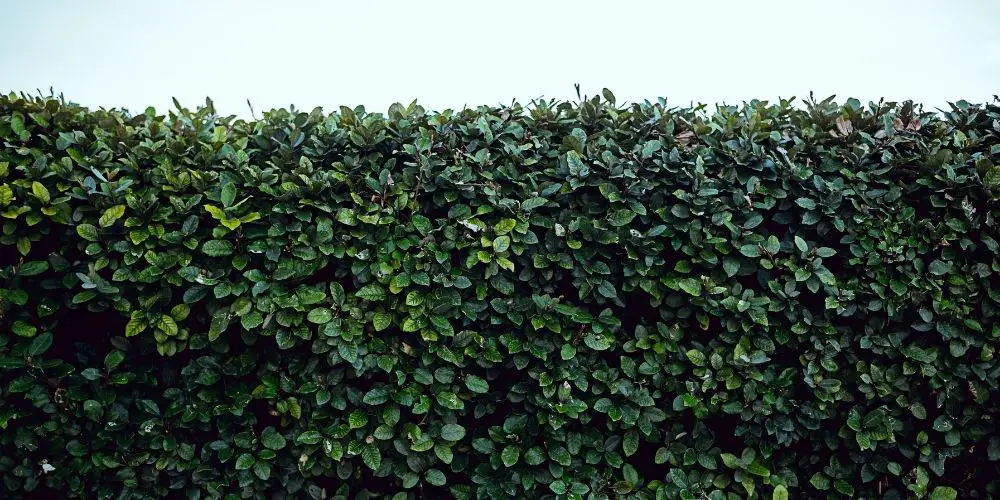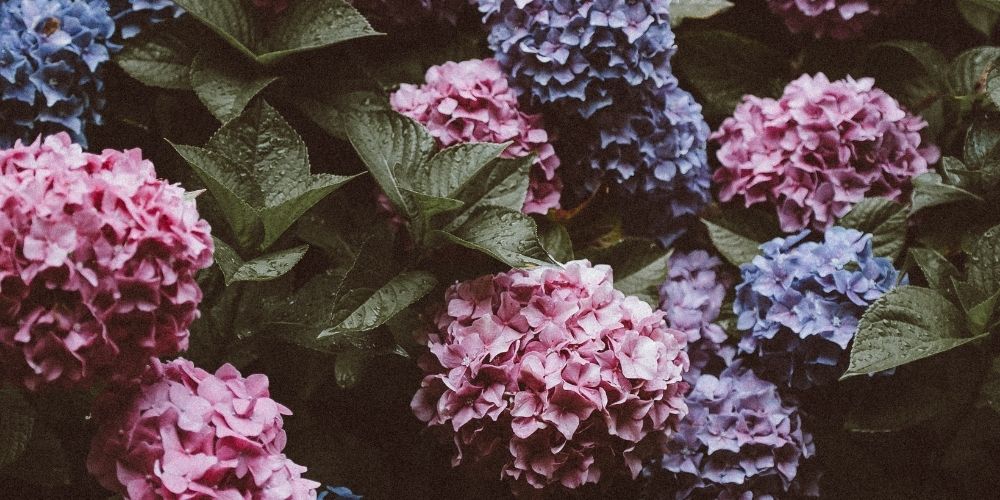When it comes to the lifespan of hydroponic plants, there is no one-size-fits-all answer. The length of time that your plants will last will depend on a number of factors, including the type of plant, the size and condition of the plant, and the nutrients and environment in which it is grown. In this blog post, we will take a closer look at why hydroponic plants have a different lifespan than those grown in soil, and we will provide some tips for keeping your plants healthy and thriving!
- What is hydroponics and how does it work?
- The benefits of growing plants using a hydroponic system
- How long do hydroponic plants last compared to traditional plants grown in soil?
- What factors affect the lifespan of hydroponic plants?
- How can you extend the life of your hydroponic plants?
- What plants do well in a hydroponic growing system?
- What is the best hydroponic system? Our product recommendations
- Conclusion
What is hydroponics and how does it work?
Hydroponics is a method of growing plants in a water-based solution, without the use of soil. The roots of the plant are submerged in the water, and they are supplied with nutrients that help them to grow and thrive. Hydroponics is a popular method of growing plants because it is efficient and can be done indoors or outdoors.
The benefits of growing plants using a hydroponic system
You may be wondering what the pros are of growing plants in water as opposed to soil. If you’re interested in hydroponics, there are several benefits that may sway you to give it a try:
- One of the most significant benefits is that it eliminates the need for soil, which can be expensive and difficult to maintain.
- Growing plants using a hydroponic system is also very popular for city or apartment dwellers, since these systems typically take up less space than traditional growing containers that use soil.
- Plants grown using hydroponics can do very well indoors. This is great news for anyone who doesn’t have outdoor space, or for people whose outdoor space is covered in snow for a big portion of the year.
- Hydroponic systems also allow for a greater control over the environment, making it possible to create ideal growing conditions for your plants.
- Another benefit of hydroponics is that it can shorten the time it takes for plants to mature.
- Finally, hydroponic systems use less water than traditional growing methods, making them more efficient.
How long do hydroponic plants last compared to traditional plants grown in soil?
Now that we’ve looked at some of the benefits of hydroponics, let’s take a closer look at how it affects the lifespan of plants.
In general, hydroponic plants will have a shorter lifespan than those grown in soil. This is because the roots of the plant are not able to access the nutrients that they need for long-term growth. Additionally, the water in which the plants are grown can become stagnant and lead to root rot.
According to lettucegrow.com, which sells this cool hydroponic system, they recommend their customers should reorder seedlings for their plants once they’ve been harvesting for 1-2 weeks. Of course, keep in mind that it will take some time for the seedlings to produce a harvest. But this shows the shorter timeframe.
For plants like tomatoes, cucumbers, peppers and other popular plants, a single plant should usually last an entire growing season’s worth of harvest in soil, with no need to replant (generally speaking).
So if you are considering hydroponic gardening and want to have a steady harvest, make sure you are replenishing your plants as often as recommended by the manufacturer of your growing system, so you don’t miss a beat (or beet… pun intended).
That being said, there are ways to extend the lifespan of your hydroponic plants. By taking good care of your plants and providing them with the nutrients they need, you can keep them healthy and thriving for longer.
What factors affect the lifespan of hydroponic plants?
There are several factors that can affect the lifespan of hydroponic plants, including:
1. The type of plant
Some plants are simply not well-suited for hydroponic systems and will not do well in this type of environment. If you’re unsure whether a particular plant will thrive in a hydroponic system, it’s best to consult with a professional before you get started.
2. The size and condition of the plant
A small, delicate plant is more likely to have a shorter lifespan than a large, hardy plant. Additionally, if the plant is already in poor health, it may not do well in a hydroponic system.
3. The nutrients and environment
The quality of the water and nutrients that are used in the hydroponic system can also affect the lifespan of the plants. If the water is dirty or contains too much or too little of the nutrients that the plants need, it can cause them to die prematurely.
4. The care and attention that you give your plants
As with any type of plant, the amount of care and attention that you give your hydroponic plants will also affect their lifespan. If you don’t provide them with the proper nutrients or if you don’t check on them regularly, they may not last as long as they would if you took better care of them.

How can you extend the life of your hydroponic plants?
Here are some tips for prolonging the life of your hydroponic plants:
- Make sure to use high-quality, well-aerated water for your plants.
- Choose a nutrient solution that is specifically designed for hydroponic plants.
- Be sure to monitor the pH level of the water and adjust as needed.
- Make sure that the roots of the plant have plenty of room to grow.
- Provide your plants with the right amount of light.
- Be sure to monitor the temperature and humidity level of the growing area.
Hydroponic plants can thrive if they are well-cared for. By following these tips, you can keep your plants healthy and extend their lifespan.
What plants do well in a hydroponic growing system?
While almost any type of plant can be grown in a hydroponic system, some plants do better than others. Some of the best plants for hydroponics include: Tomatoes, Lettuce, Cucumbers, Peppers and Strawberries.
These are just a few examples of the many different types of vegetables you can grow in hydroponics. Many people also use hydroponics to grow flowers or herbs (such as cilantro, sage, basil and more).
For a more in-depth list, check out our article Plants That Grow Well in Water Only: Our Favorite Hydroponic Plants
What is the best hydroponic system? Our product recommendations
Since hydroponics by definition is really just growing plants in water, this can come in many different shapes, forms and sizes. The best system is really the one that works for you and your space! I’ve regrown romaine lettuce, leeks, and more in water simply by putting the roots into a small bowl on the windowsill.
But if you are looking for a more advanced system, here are some of our favorites:
Lettuce Grow Farmstand
This aforementioned hydroponic system is definitely not on the cheaper side, but it’s certainly cool-looking and will add a really cool touch to your indoor space, if you’re using the system indoors.
They also offer replenishments on seedlings. Since we learned that hydroponic plants won’t last as long, this is certainly a nice addition!
AeroGarden Sprout
The AeroGarden Sprout is great for the hobbyist gardener. This smaller unit comes equipped with just about everything you could need. The grow-light will make sure your plants get plenty of light (even on dark winter days) and the smaller design is great for kitchen counters.
This unit also comes at a much cheaper price point, meaning it’s a great product to try if you’re just getting your feet wet.
Gardyn 2.0
The most expensive item on our list, the Gardyn 2.0 growing system is a vertical hydroponic system that can generate a serious harvest!
This device has built-in cameras, AI monitoring and even a vacation mode. While this certainly is pretty advanced, don’t feel like you have to have this type of device if you’re just starting out and want to do it on a budget. There are plenty of options for every budget.
Conclusion
Hydroponic plants can have a shorter lifespan than those grown in soil, but there are ways to extend their life by taking good care of them and providing the proper nutrients. Some plants do better in hydroponic systems than others, so it’s important to choose the right plants for your system. With the proper care, hydroponic gardening can be a great way to get beautiful produce, flowers or herbs in any setting.















